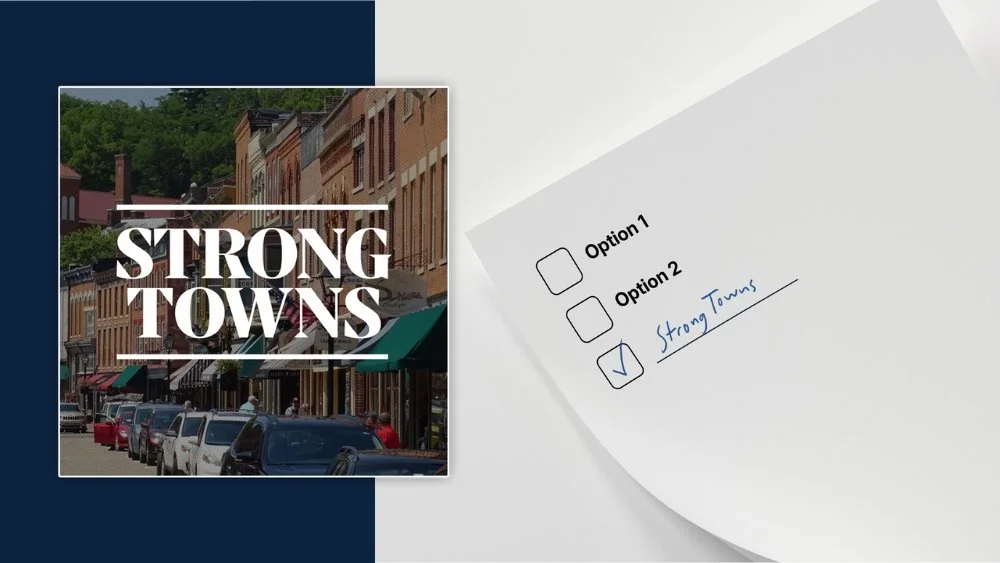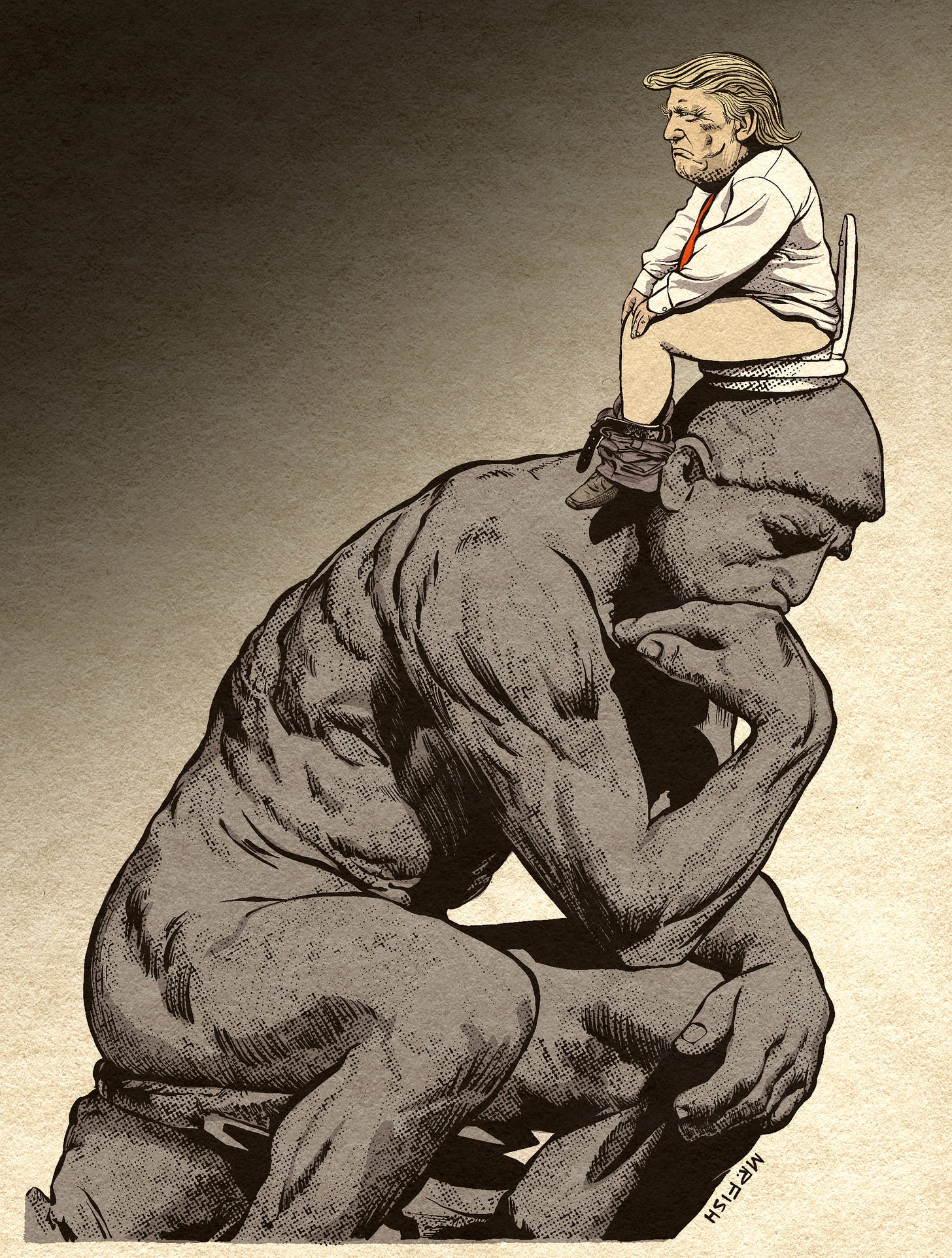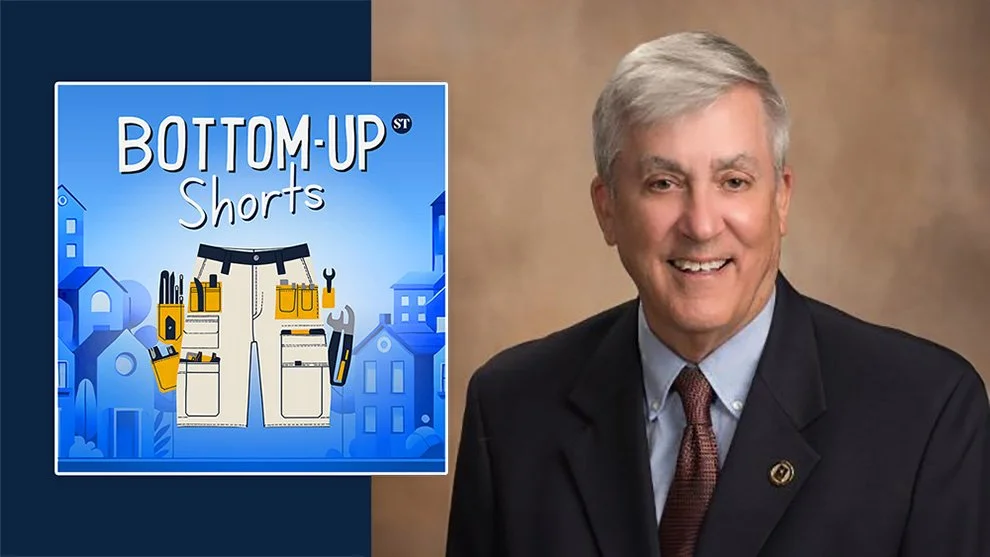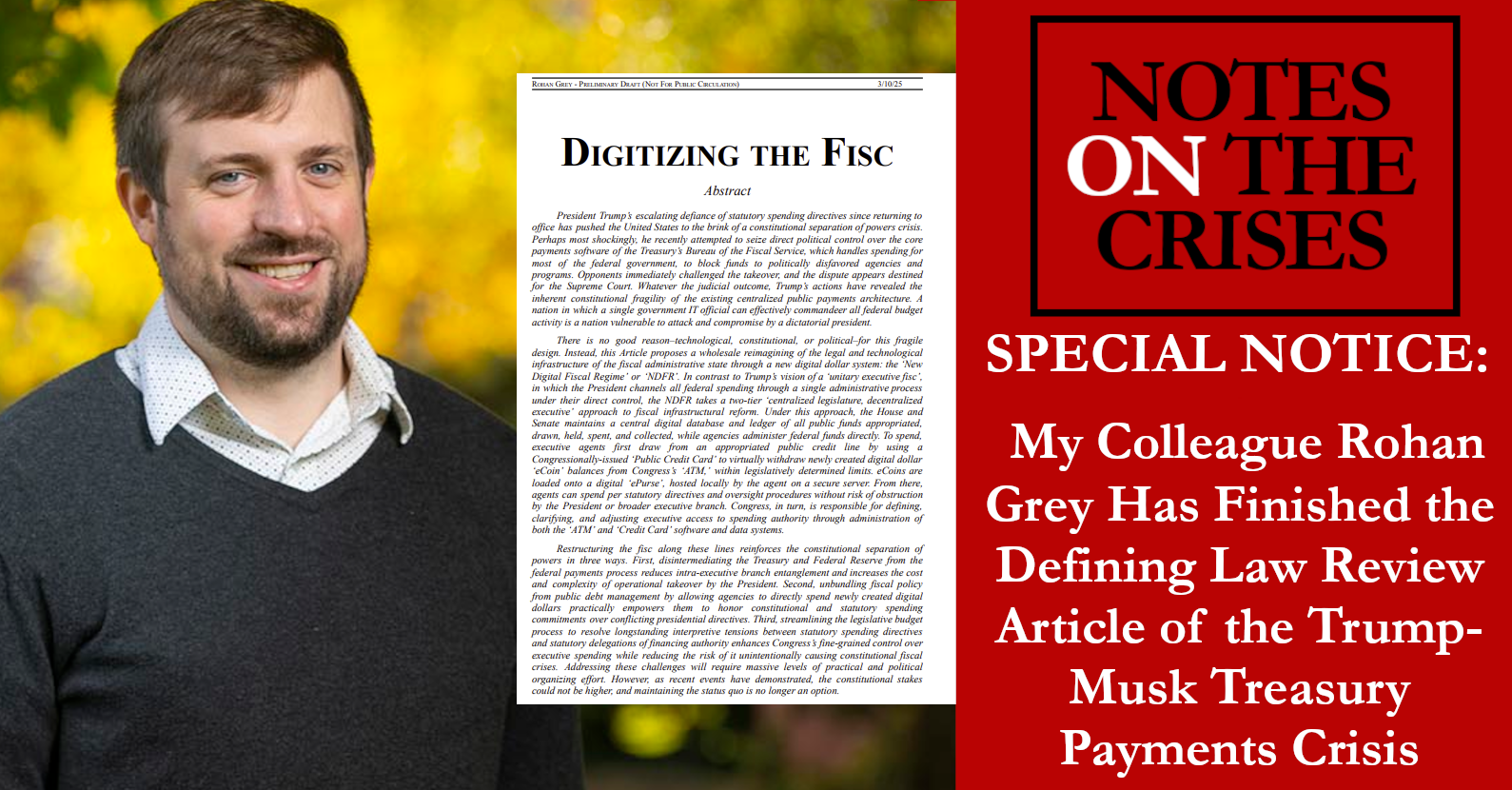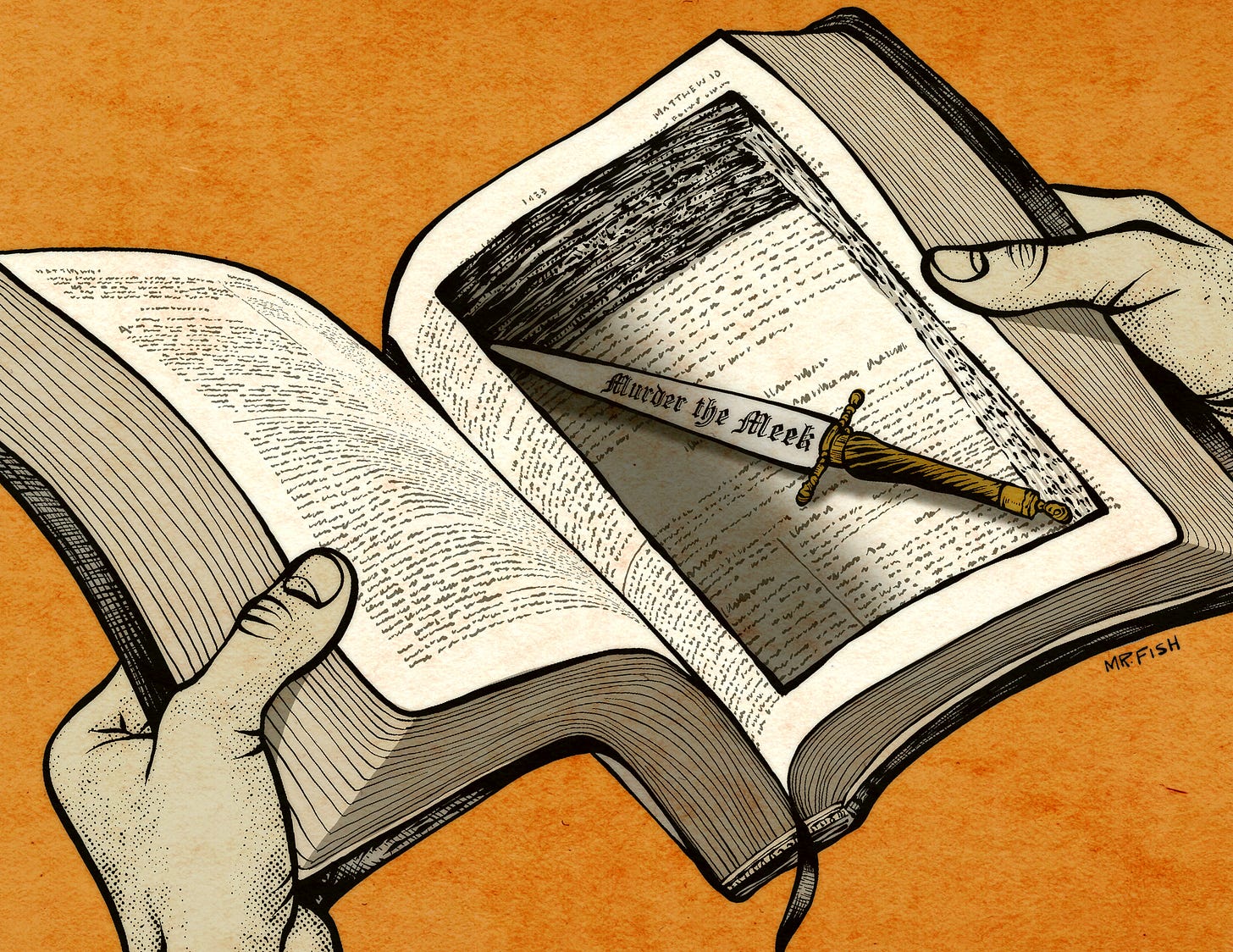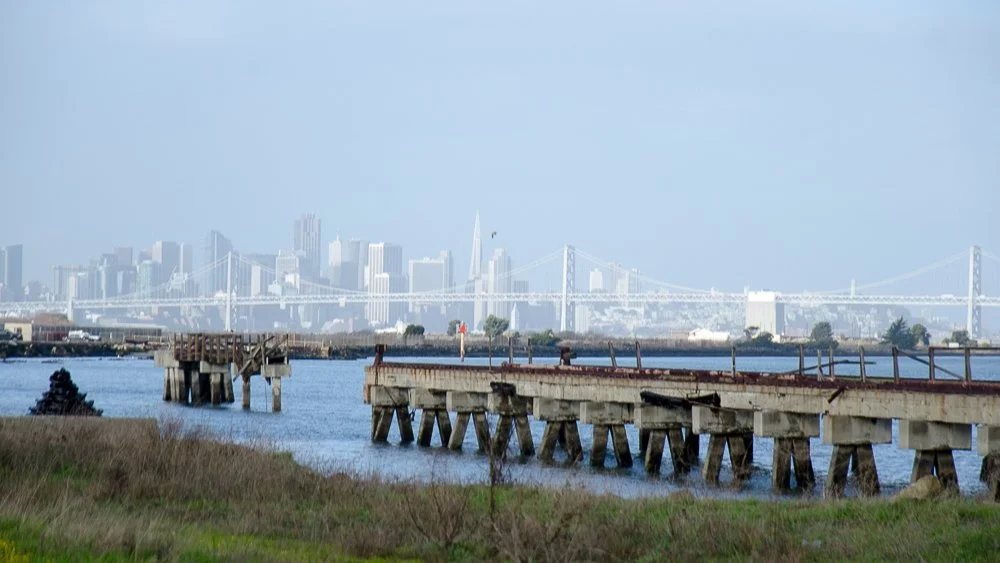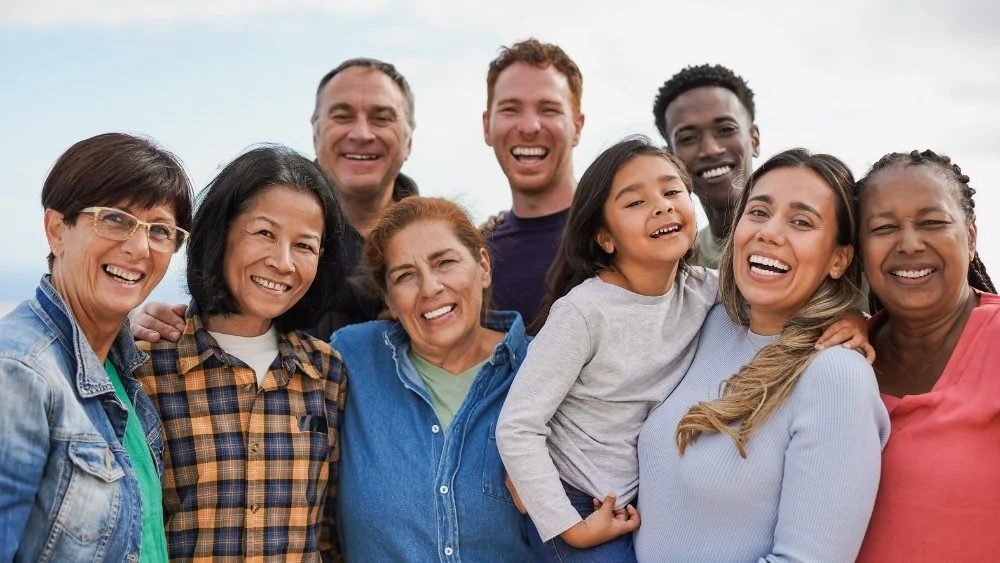The Interstate Bridge Project’s traffic projections pretend that the massive shift to “work-from-home” never happened
The IBR traffic projections rely almost entirely on pre-Covid-pandemic data, and ignore the dramatic change in travel patterns.
Traffic on I-5 is still 7 percent below pre-pandemic levels, according to Oregon DOT data
Commuting between Portland and Vancouver has fallen by half since 2019 according to Metro
Traffic on the I-5 bridge is lower today that the purported 2005 baseline for the Columbia River Crossing project (135,000 vehicles per day)
Post-covid travel analyses have shown a permanent shift toward lower growth in vehicle miles traveled
State DOTs claim that mythical “industry standards” require them to ignore everything that’s happened since 2019, including the effect of work-from-home
The Interstate Bridge Replacement project’s traffic and revenue forecasts appear to be built on increasingly shaky ground. New data from an array of sources shows that post-pandemic travel patterns have dramatically diverged from pre-pandemic trends, calling into question the fundamental assumptions underlying the multi-billion dollar project. Commuting patterns are different, traffic is now lower, and growing more slowly than prior to the pandemic, contrary to the assumptions built into IBR traffic projections.
